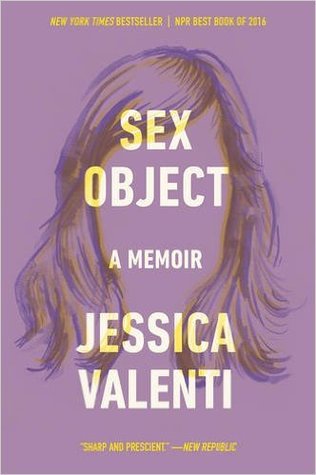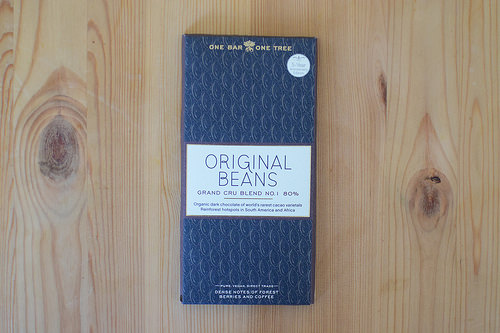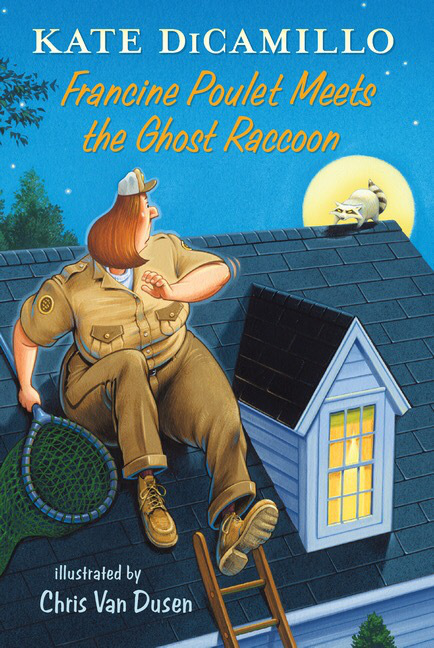‘Sex Object’ by Jessica Valenti, was one of the first books to be recommended as a monthly pick for FREADOM, our feminist book club. It can be bought at this link, or in store at our Liverpool branch on Peach Street.

At times, Jessica Valenti’s tell-all memoir can be hard to read – it’s a story that many women know very well. In the UK, 85% of women between the age of 18-24 have experienced sexual harassment in public places, and 45% of women of the same age have experienced unwanted sexual touching (YouGov, 2016). I find myself reading 100 pages in my hour-long lunch break, devouring the whole book in record time – I see my own story and the story of my friends in the words that I read, and I can’t look away. By the end of the book, I feel like I know Jessica Valenti. She’s my friend, I want to protect her. I want to give her a hug and talk about if we can make things better.
Valenti is a columnist for the Guardian US, but is perhaps most notably known as being co-founder of Feministing.com – a website run by young feminists, offering commentary on “everything from pop culture to politics”. Like her columns, the book is angry (and rightly so), but it is the articulacy of this anger that is so impressive. What so many feminist texts fall down on is not being able to channel anger and frustration into something that reads well. The narrative is compelling, but also unrelenting. Chapter after chapter, the book covers Valenti’s life from early adolescence through to the present day: looking at her family life, issues with addiction, and her relationships. It’s painful to read in parts, and I find myself having to set the book down for a few moments to think – but I continue with it, mainly because I want to finish it. It feels important, and it feels worthy of my time.
In reference to her daughter, throughout the whole book, Valenti hopes that ‘the line stops here’, meaning that her daughter doesn’t experience the same levels of harmful sexism that she and her mother, and her mother’s mother, have experienced. Finally, in the chapter entitled ‘Motherhood’, she talks about her pregnancy and then about the birth of her daughter, who was three months premature. It’s a poignant and important part of the book as it seems to symbolise a turning point. In the birth of Layla, her daughter, Valenti allows herself hope.
Sex Object is addictive. Whilst presenting the author’s truth in an anecdotal context, it also doesn’t claim to speak for every woman. Valenti’s self-awareness is clear: as readers, we’re allowed into Valenti’s personal life, yet it doesn’t seem self-indulgent. Stacked up alongside each other in a readable way, the micro-aggressions that women experience are shocking. This book is not just for those who have experienced sexism, it’s for its perpetrators too.
At one point, whilst trying to find my page, I flick to the back of the book. There’s a page-worth of tightly packed text, with no spaces, italicised and aggressive. I find my page, and forget about it, and when I read to the end, and realise what it is, I’m shocked. Included in the back of the book are some examples of the hate mail that Jessica Valenti receives via Twitter, Facebook, and e-mail on a day to day basis. It serves as a closing reminder that sexism still exists, feminism is still relevant, and that for many women, speaking out is a dangerous act of activism.
Advertisements Share this:





